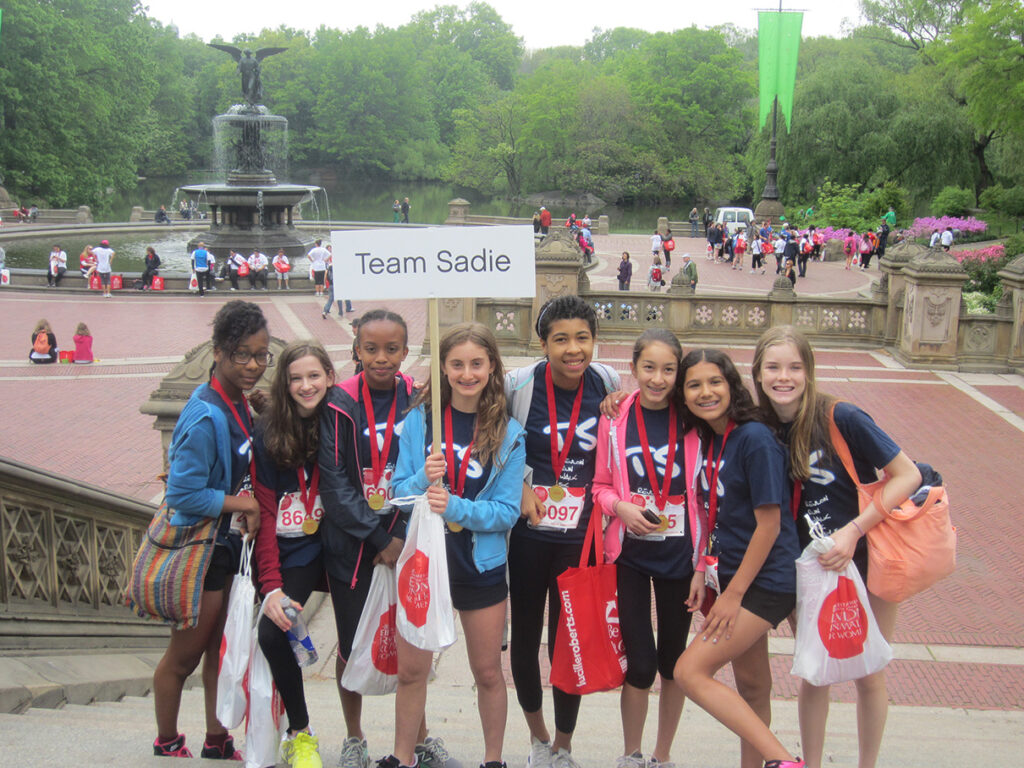B’Mitzvah
Rather than focusing on the gender of the child, we at BHS focus on the Mitzvah aspect of their coming of age. Jewish law does not require children to follow the commandments, though they are encouraged to do so. At the age of thirteen children become obligated to fulfill the mitzvot. B’Mitzvah is not an event, rather it is a change in status. While we may perceive thirteen to be in the midst of childhood, Jewish law allows B’nai Mitzvah (the plural of Bar/Bat Mitzvah) to count in a minyan (the minimum number of people necessary for some religious practices), to form binding contracts and to serve as a witness in religious courts. A young person becomes B’Mitzvah at their birthday; no ceremony is needed to confer adulthood. The ritualized celebration of Bar Mitzvah (the first Bat Mitzvah did not occur until 1922) is fairly recent in Jewish history, dating back only five centuries. To show a community that a younster was now legally an adult, they would be called to recite the blessing before and after the reading of the Torah, a mitzvah and privilege reserved for adults. Over time, the ceremony was expanded to include the reading of the Haftarah (the additional reading from the Prophets chosen by the rabbis because it amplifies a theme found in the Torah reading or corresponds to the time of year) and often the leading of worship following the Torah service. Because certain Hebrew and liturgical skills were required for this, the connection between B’nai Mitzvah and Jewish education arose. Today it is the educational aspect, rather than reaching the age of majority, which is stressed. At the Brooklyn Heights Synagogue B’nai Mitzvah demonstrate their ability to lead services, read Torah, participate in Tikkun Olam and social action projects as well as teach the community. B’Mitzvah is not the endpoint of Jewish Education. We are all obligated to continue the study of Torah and the fulfillment of righteous deeds throughout our lives. B’nai Mitzvah celebrate their change in status and honor their new responsibility not only on the day of their ceremony but through ongoing commitments to our tradition and community.
Many families commemorate their b’nai mitzvah with a Simcha Leaf and donations to the Rabbis and Cantor discretionary funds.
B’Mitzvah Practice Materials
For those of you preparing to participate in a service at BHS, below are all the blessings we normally recite in Hebrew, ready for you to practice.
Download PDF of all blessings
Click here for Cantillation for Chanting Torah on Shabbat



